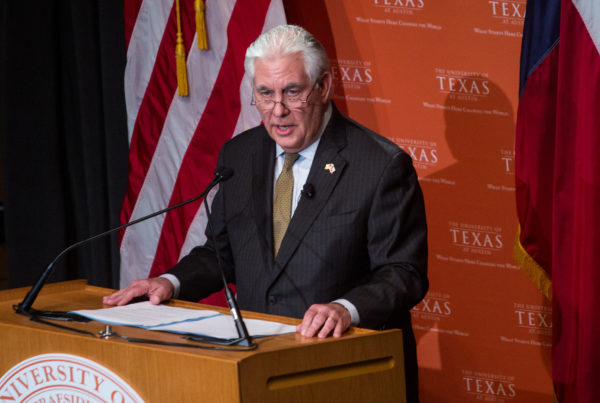For those who may be inclined to take back their wedding vows, some tax-related incentives may be buried in the $1.5 trillion tax overhaul the president signed into law late last year. Considering that Republicans like to claim they support so-called family-friendly policies, a tax incentive for divorce may surprise some.
“Certainly this was not the intent of the policy to change the treatment of alimony payments,” says Tom Benning, a Washington bureau reporter for the Dallas Morning News,
Alimony is distinct from child support. It is money paid by the former spouse who earns the most to the one who earns the least.
“Under the current [tax] rules, alimony is deductible for the person paying it and taxable for the person receiving it,” says Benning. “These rules, in the [new] tax [law] would reverse that starting in 2019.”
And here’s an interesting fact Benning uncovered: according to the IRS, many more people report paying alimony than report receiving it.
Couples who divorce before the end of 2018, along with those who are already divorced, would be locked in under the old rules.
There may be more unintended consequences hidden in the new tax law.
While the new tax law keeps the deduction for charitable contributions, “the increase in the standard deduction means far fewer Americans will itemize their tax returns,” says Benning. Itemizing deductions allows a taxpayer to take advantage of any deduction they’re entitled to, including one for charitable contributions. Not itemizing means that charitable deduction isn’t available. Thus, few Americans will “come into contact…with the charitable break.”
Prior to the new law, taxpayers who moved for their jobs could deduct moving expenses, Benning says, “The tax overhaul gets rid of that.” He says that movers are concerned about taxpayers losing this break.
Under the prior tax code, so-called 529 college savings plans provided a tax advantage to parents saving for their children’s higher education. Texas Sen. Ted Cruz proposed a change that was approved, only after Vice President Mike Pence cast a tie-breaking vote. It allows 529 savings to be used for K-12 education as well as college. Democrats say this change undermines the public schools. Cruz called it a victory for educational choice.
Written by Christopher De Los Santos.














